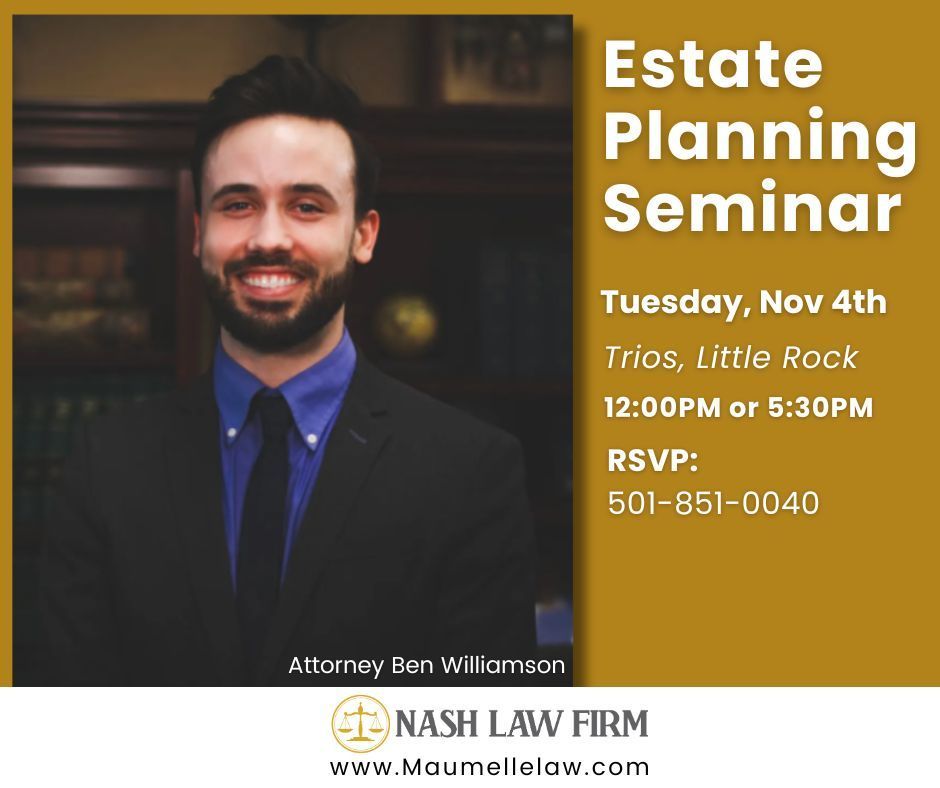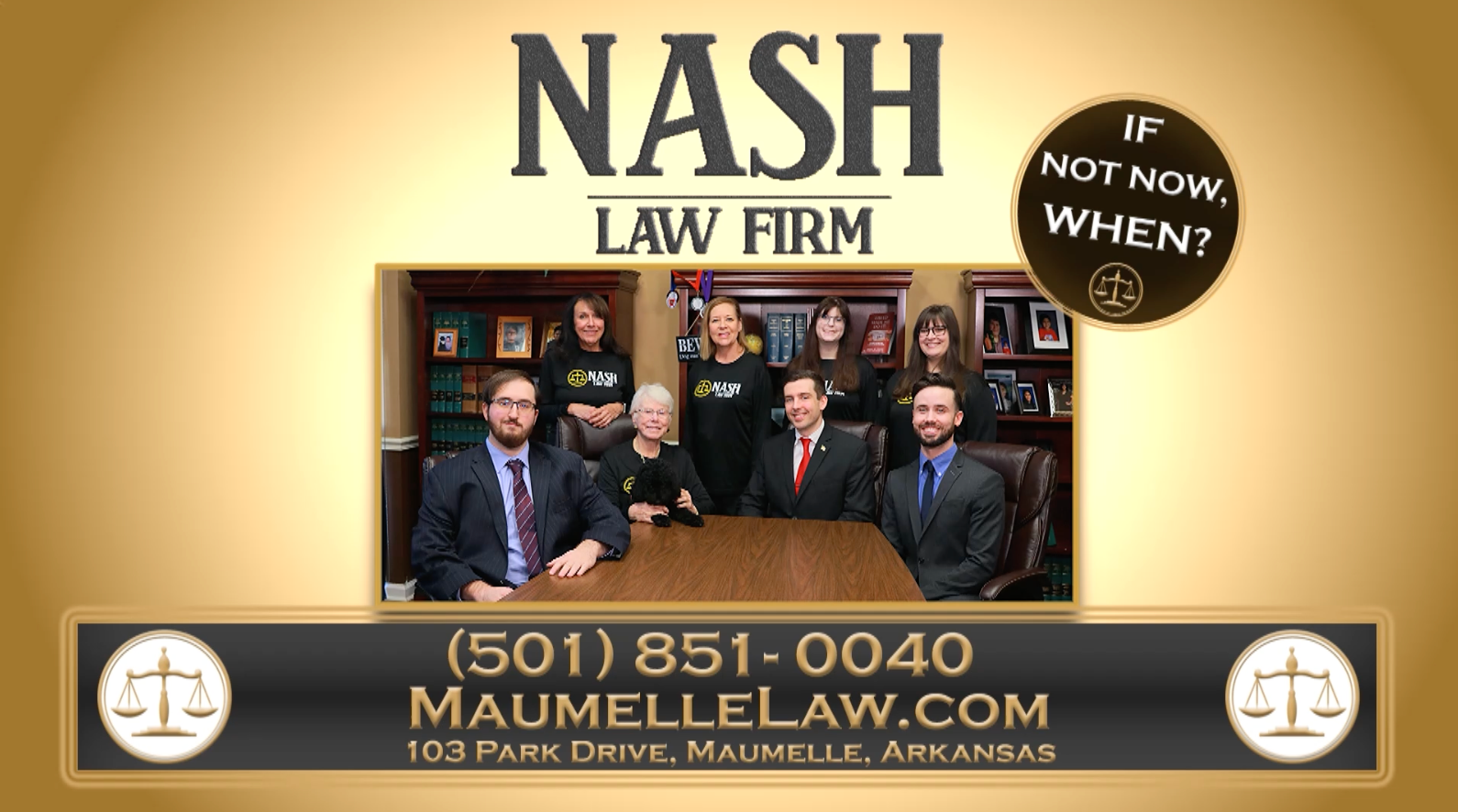DIY Estate Plans vs. Professional Guidance: Why Going It Alone Can Cost Your Family

When it comes to estate planning, the appeal of do-it-yourself (DIY) tools is undeniable. Online platforms promise quick, affordable solutions to crafting wills, trusts, and other legal documents. But are these tools as foolproof as they claim? Unfortunately, the answer is often no.
Pitfalls of DIY Estate Plans
One of the biggest risks with DIY estate planning is the potential for errors. These tools use generic templates that may not comply with state-specific laws. For example, if a DIY will doesn't meet Arkansas’s legal requirements for witnessing and signing, it could be deemed invalid. Additionally, DIY tools rarely account for unique circumstances like blended families, special needs beneficiaries, or tax-efficient asset transfers.
Real-life examples highlight the danger. Families have encountered unnecessary probate proceedings or lost assets because critical details were omitted or misinterpreted. These mistakes can cost loved ones far more in time, money, and stress than the initial savings from skipping professional guidance.
Benefits of Professional Estate Planning
An experienced estate planning attorney offers more than just document preparation. They’ll take the time to understand your unique circumstances, identify potential issues, and craft a plan tailored to your needs. Professionals can also anticipate and address tax implications, Medicaid eligibility, and succession planning.
By working with an attorney, you’re also creating legally binding documents that minimize the risk of disputes. Family disagreements often arise when the intentions of a DIY estate plan are unclear or incomplete.
Take Action Today
Protect your loved ones and your legacy by making estate planning a priority. Nash Law Firm’s experienced team is here to guide you through the process with personalized, legally sound solutions. Contact us today for a free consultation.
DISCLAIMER: The information provided on this website does not, and is not intended to, constitute legal advice; instead, all information, content, and materials available on this site are for general informational purposes only. Information on this website may not constitute the most up-to-date legal or other information. This website contains links to other third-party websites. Such links are only for the convenience of the reader, user, or browser; the Nash Law Firm does not recommend or endorse the contents of the third-party sites. Readers of this website should contact their attorney to obtain advice with respect to any particular legal matter. No reader, user, or browser of this site should act or refrain from acting on the basis of information on this site without first seeking legal advice from counsel in the relevant jurisdiction. Only your individual attorney can provide assurances that the information contained herein – and your interpretation of it – is applicable or appropriate to your particular situation. Use of, and access to, this website or any of the links or resources contained within the site do not create an attorney-client relationship between the reader, user, or browser and website authors, contributors, or Nash Law Firm.









![Nash Law Firm Logo [click to return home] Nash Law Firm](https://lirp.cdn-website.com/8c4d5b2c/dms3rep/multi/opt/nashlogo_colorgray_horz-1920w.png)


![Nash Law Firm Logo [click to return home] Nash Law Firm Logo](https://lirp.cdn-website.com/8c4d5b2c/dms3rep/multi/opt/nashlogo_whgold_horz-1920w.png)

